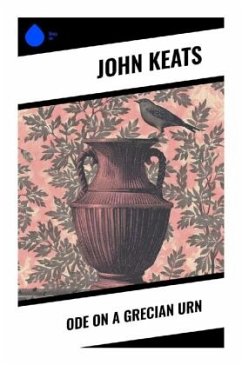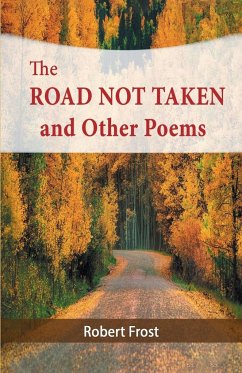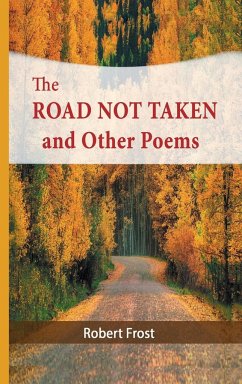
Sonnets
Versandkostenfrei!
Versandfertig in 6-10 Tagen
19,40 €
inkl. MwSt.
Weitere Ausgaben:

PAYBACK Punkte
0 °P sammeln!
In "Sonnets," John Keats masterfully engages with the sonnet form to explore themes of beauty, love, mortality, and the transcendent power of nature. Written during the Romantic era, Keats's poems reflect both personal introspection and a deep appreciation for aesthetic experience. His use of rich imagery, sensory detail, and lyrical language elevates ordinary moments into profound reflections on existence. The sonnets exhibit a modern sensibility, often blurring the lines between the ideals of Romanticism and the burgeoning sentiments of existential contemplation that would follow. Keats capt...
In "Sonnets," John Keats masterfully engages with the sonnet form to explore themes of beauty, love, mortality, and the transcendent power of nature. Written during the Romantic era, Keats's poems reflect both personal introspection and a deep appreciation for aesthetic experience. His use of rich imagery, sensory detail, and lyrical language elevates ordinary moments into profound reflections on existence. The sonnets exhibit a modern sensibility, often blurring the lines between the ideals of Romanticism and the burgeoning sentiments of existential contemplation that would follow. Keats captures the essence of fleeting beauty and the inevitable passage of time with an aching sincerity that resonates with readers on multiple levels. John Keats (1795-1821), known for his short yet remarkably influential literary career, faced numerous personal struggles that shaped his work, including financial instability and the early loss of loved ones. His experiences with love, illness, and mortality imbued his poetry with a sense of urgency and depth. Keats's awareness of his own fleeting life, coupled with a passionate devotion to art and beauty, offers a poignant backdrop against which he composed these sonnets, reflecting his quest for meaning amid the transitory nature of life. Readers looking for a profound exploration of human emotion and artistic expression will find "Sonnets" an essential addition to their literary journey. Keats invites us to contemplate the beauty that surrounds us and challenges us to embrace the transient realities of life. This collection not only affirms Keats's status as a pivotal figure in the Romantic movement but also serves as a timeless reminder of the enduring power of poetry to illuminate the human condition.












